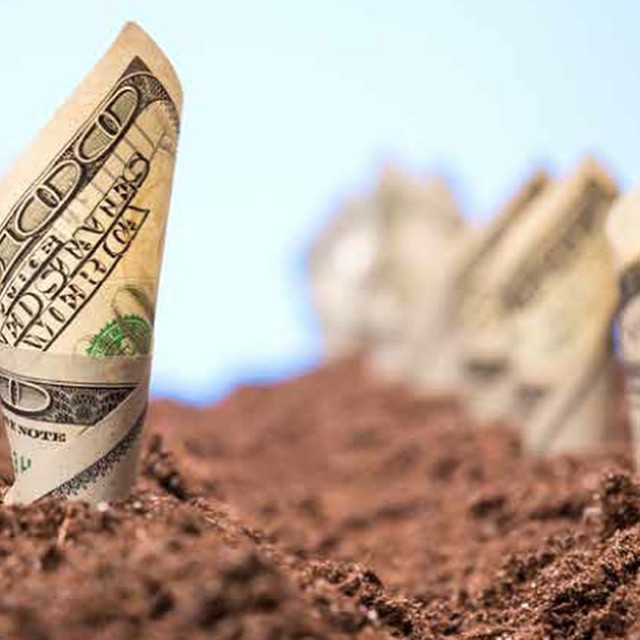
Spend Less
Frugal living is often connected with saving money and freeing yourself from the clutches of the material world. This type of lifestyle is not only great to save money and make the world more green, but also to help you get your life in order and concentrate on goals.
You have to understand that frugality is more of a philosophy than simply a plan to save money. It’s not the same as telling someone to stop wasting the money and people usually confuse the two. Observe it as a life-changing adventure that will teach you to value and appreciate things in the less material way.
Of course, if you are not used to frugal living then you will have to start slow and take baby steps to teach how to spend less and live better. But don’t worry, here are some tips to help you live frugally and change your life.
1. Don’t throw away food
On a global level, humans throw away approximately 1.3 billion tons of food. If we take into consideration the starving nations and the ever-growing climate changes, wasting away food is one of the shames of the modern world. The easiest way to stop creating leftovers is if you plan your meals and make the quantities you will eat.
Buy Tupperware so you can save your food in the fridge or freeze it for another time. That way you will not only easily reheat the meals, but you won’t have to cook all the time. Quickly enough, you will stop overspending on food and waste it away at the same time.
2. Take lunch to work
Many people decide to order lunch delivery to work or simply go to a restaurant. However, cooking it at home the day before and bringing it with you is cheaper and healthier. Consider this, you will control the ingredients and prepare the meal just the way you like it. Many offices have microwaves so employees can reheat their meals, as well as space where they can eat it in peace. You can even go to the park and have your lunch in nature.
3. Pay your bills on time
If you don’t pay your bills on time, you will create extra expenses like fees and interests. It may seem like you are allocating your funds, but actually, you will create more debt. Paying bills on time can help you plan your budget more rationally, and you will also know the amount of money you have at your disposal.
4. Save on electricity bill
Electricity bill is the first thing to try and save your money on. It’s also the easiest of all the bills. This is due to the fact that turning off the lights and appliances is already a great start to save the energy and lower the expenses.
Replace your usual light bulbs with LED ones since they last longer and spend less energy. If you buy appliances, make sure that you choose the highest energy class. Cook your meals ahead for several days and not several times a day. Additionally, wash your clothes and dishes in the washers when there is enough for them to be full.
5. Declutter regularly
Cleaning up your home is important for many reasons, one of them being frugality. You probably keep a lot of things that you actually don’t use. Getting rid of them will free the space and it can even earn you some money.
However, don’t declutter the whole home at once, but rather go area by area. That way you won’t tire right away and will live time to see the benefits. Sell the things you don’t need or donate them, and keep only the items you will really need.
6. Perform regular maintenance
Regular maintenance at home is something you should do from the start. For example, finding cheap air conditioners for sale and installing them is not enough and you will have to do more than that if you want to keep the repair costs at the minimum.
It’s important to check the roof seasonally, see if there are any cracks in the walls and make sure all the appliances work properly. The first sign of any problems means that you should immediately react and repair it. If not, the issue can get bigger and thus create more damage which will consequently lead to bigger costs.
7. Do you really need to buy something?
Whenever at the store, take a good look at your shopping cart and see if you really need all those things there. Sometimes we buy things only because they’re on discount or simply because we can’t stop ourselves from having another lipstick or shirt.
One of the ways to resolve this is if you examine what you plan to buy before you stand in a queue to pay. Ask yourself: Do you really need to buy all those things? This will make you return some of the things on the shelves and in time you will learn to buy responsibly and economically.
Finally
Never start any big change right away. It takes time to get used to different things so take your time and do it gradually. Frugal living takes getting used to and requires a lot of discipline so it’s important that you start on something small first and then add other things along the way. After a while, you will start seeing the benefits and feel less stressed knowing you are doing something worthy
 WhosGreenOnline.com Your Online Magazine and Directory for Green Business, Product, Service and News!
WhosGreenOnline.com Your Online Magazine and Directory for Green Business, Product, Service and News!

